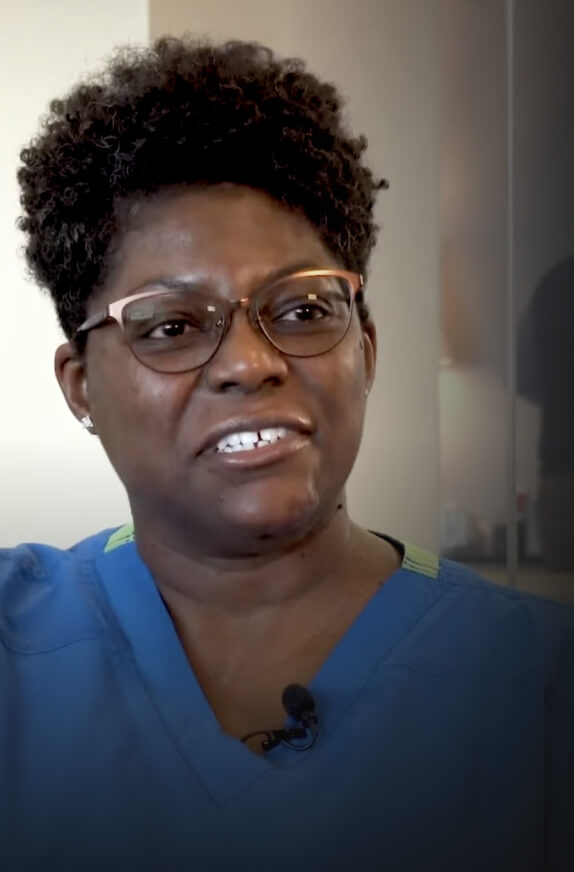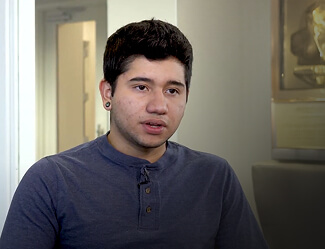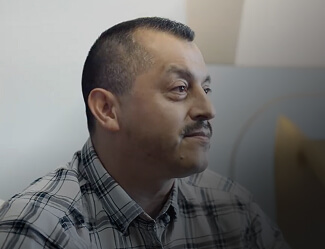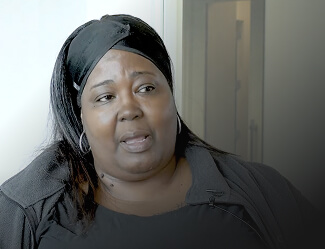In The Price Tag of Incarceration, we analyze financial data from public and private prison systems to understand their impact on taxpayers. The U.S. has the world’s largest prison population, with 1,767,200 people incarcerated. State expenditures vary widely, shaping overall costs and long-term financial burdens.
Each state’s budgeting approach affects public safety, recidivism rates, and taxpayer costs. With such a large prison population, understanding how funds are allocated is critical for policymakers and communities.
Through this study, we aim to spark discussions on responsible resource management and reforms that could reduce costs while maintaining safety. We invite readers to explore our findings and gain a deeper understanding of the financial realities behind incarceration in the U.S.
The High Price of Incarceration
State governments spent $64 billion to incarcerate over one million individuals by the end of 2021. These costs cover everything from daily operations to officer salaries, rehabilitation programs, and juvenile justice initiatives. In 2022, 453 out of every 100,000 U.S. adults were in prison, with Southern states leading in incarceration rates.
Spending per prisoner varies widely. Arkansas allocates just under $23,000 per inmate, while Massachusetts pays $307,468—the highest in the country. The median state figure is $64,865.
Mississippi has the highest incarceration rate, at 859 per 100,000, while Massachusetts has the lowest, at 116 per 100,000.
These disparities raise important questions about efficiency and priorities in prison spending. Understanding where the money goes is essential to evaluating whether current policies are truly effective.
State-by-State Expenditure Per Prisoner
Below is a state–by–state breakdown of annual expenditures per inmate:
How Budgets Are Allocated
Most state correctional budgets go toward daily operations and staff salaries. Correctional officers earn an average of $58,921 annually, though wages vary widely. In California and Massachusetts, officers make nearly double what those in Mississippi earn.
Some states invest in drug treatment, rehabilitation, and juvenile justice programs to reduce recidivism. These efforts can lower long-term incarceration costs, but many states provide little funding, limiting support for inmates, and increasing the likelihood of reoffending.
Prison budgets also cover over 4,000 private vendors that supply health care, food, and facility maintenance. These contracts significantly impact overall prison costs and taxpayer spending, raising concerns about pricing structures, service quality, and the state's dependency on private companies.
U.S. Prison System Spending Compared to Other Countries
The United States leads the world in incarceration, both in terms of total prisoners and spending. While some countries prioritize rehabilitation and reintegration, the U.S. relies more on punitive measures, contributing to high recidivism and long-term costs.
Wrongful Convictions and Their Costs
Wrongful convictions carry both moral and financial costs, draining taxpayer resources through legal fees, settlements, and compensation—sometimes $80,000 per year for each wrongfully imprisoned person. These cases fail to serve justice while imposing lasting harm on individuals and their families.
Beyond financial losses, exonerees often face lost income, limited job opportunities, and lifelong stigma. Strengthening legal safeguards, forensic standards, and conviction review processes could prevent wrongful convictions, saving money and reducing the human toll of an unjust system.
Medical Debt Behind Bars
Incarcerated individuals often face medical co-pays that create lasting debt even after their release. A single visit can cost $3 to $5, sometimes more than half a week’s wages.
For those with chronic illnesses, these costs add up quickly. Many leave prison struggling with medical debt, making it even harder to rebuild their lives.
The 10 Most Expensive States for Inmate Health Co-Pays
High medical co-pays make it difficult for incarcerated individuals to afford basic care. In some states, a single visit costs more than a week’s wages, adding to their financial strain. Below are the 10 states with the highest inmate health co-pays:
- Nevada
- Arizona
- Alabama
- Pennsylvania
- Kansas
- Idaho
- Kentucky
- Tennessee
- Utah
- Oklahoma
Commissary Costs
Commissaries often sell everyday goods like toiletries and snack items at inflated prices. Some contracts with private vendors allow steep markups, forcing incarcerated individuals and their families to pay well above market rates.
The 10 Most Expensive States for Inmate Purchases
Some states have significantly higher markups, increasing the financial strain on inmates and their families. Below are the ten most expensive states for inmate purchases:
- New York
- Illinois
- Washington
- Massachusetts
- California
- Michigan
- Virginia
- Louisiana
- Connecticut
- Alaska
The 10 Cheapest States for Inmate Purchases
Some states cap commissary prices, making essentials more affordable for inmates and their families. Below are the ten states with the lowest commissary costs:
- Texas
- Mississippi
- North Carolina
- Florida
- Arkansas
- Missouri
- South Carolina
- Georgia
- Indiana
- Oregon
Tax Burdens and Local Economies
From our research, heavy prison spending can squeeze local budgets when large shares of tax revenue fund corrections, critical public services like education and infrastructure may receive fewer resources.
10 States With the Highest Percentage of Taxes Spent on Incarceration
In some states, a significant share of tax revenue goes toward incarceration, limiting funds for education, healthcare, and infrastructure. Below are the 10 states that spend the highest percentage of tax dollars on prisons.
- Mississippi
- Louisiana
- Oklahoma
- Alabama
- Arkansas
- Georgia
- Kentucky
- Texas
- Arizona
- Missouri
Where We Go from Here
The U.S. prison system is expensive, with inconsistent health care co-pays and major spending disparities. Some states invest in rehabilitation, while others focus primarily on incarceration.
Reforms like reducing wrongful convictions, lowering medical co-pays, and controlling commissary prices could ease financial strain on inmates and their families.
An Atlanta criminal defense lawyer understands how these costs impact individuals both inside and outside the system. Financial burdens from incarceration can follow people long after release, making it harder to rebuild their lives.
A more balanced system could reduce taxpayer costs and improve outcomes for inmates. Shifting budget priorities toward rehabilitation and responsible spending would create a fairer approach.












